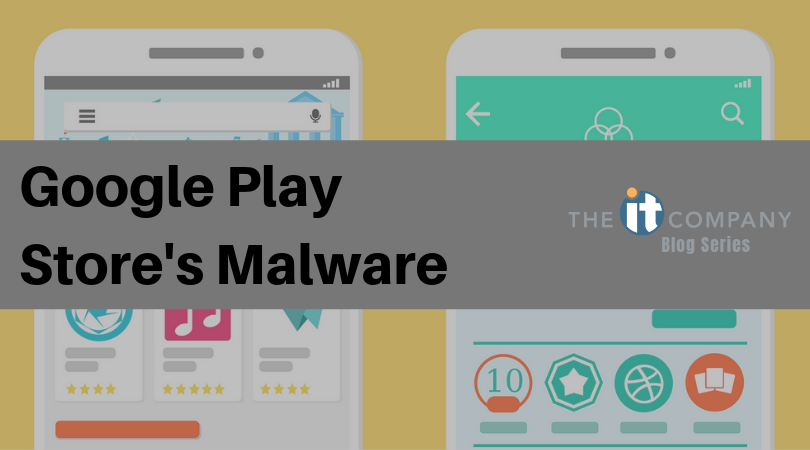Protect Yourself Against Data Breaches
Are you concerned about your online security? If you’re not, you should be.
Recent news has shared that earlier this month, security experts discovered the largest collection of stolen account credentials, ever. They then found that this overwhelmingly large collection of information pulled from both old and new data breaches, is just one of seven collections of stolen information.
According to an article from Wired, in 4 of these collections alone, there are 2.2 billion usernames and passwords compiled. And hackers have already released these credentials to the black market.
Every person is at risk and just one small mistake can cause your credentials to be stolen. So hear us when we say, if you’re not concerned about your security, you should be!
Last week’s post in The IT Company Blog Series, shared tips from Scott Augenbaum’s new book The Secret to Cybersecurity: A Simple Plan to Protect Your Family and Business from Cybercrime.
Because of the continually increasing rate of data breaches, The IT Company wanted to spend this week encouraging security and awareness of the potential dangers in the cyber world. After information on the largest collection of stolen account credentials was released, iDROPNEWS released an article of 6 tips that they suggest to protect yourself from data breaches.
You have likely heard us at The IT Company say these things before, but we can’t stress your protection enough!
- Be aware if you have been compromised. The most important piece in protecting yourself from data breaches is simply being aware of whether you have been compromised or not. There are several tools online that you can use to in order to check if your credentials have been stolen. Have I Been Pwned and an application Hasso-Plattner-Institut are great sources.
- Change your passwords. Once you have checked to see if you have been compromised, you need to take action to protect yourself. If you find out that any accounts of yours were involved in the collections #1-5 data breaches, change your passwords immediately. The IT Company has talked in other blog posts about the importance of making your passwords complex and never reusing similar passwords. The IT Company suggests changing your passwords frequently, even if you have not been compromised, to help protect yourself.
- Use a password manager. By using a password manager, it helps you be able to develop the strong and complex passwords needed for each different account that you have. The IT Company employees often use password managers and we highly suggest using them in order to protect your credentials. Last Pass is one password manager that The IT Company often suggests using.
- Two- Factor Authentication. We are confident that if you keep up with The IT Company blog series you have read us stressing the value of two-factor authentication. The added layer of security that two-factor authentication provides is undeniable and at The IT Company we really value its protection. Not all applications have the option for two-factor authentication, but more and more are offering it. The IT Company encourages you to use two-factor authentication for every single account it is available for.
- Look out for suspicious activity on your accounts. This suggestion is simple. Be aware. The more you pay attention to what is happening on your accounts, the more likely you are to recognize if something is going wrong. Some applications, such as Facebook, will alert you if there is suspicious activity happening, do not ignore this!
- Practice good cybersecurity habits in general. There are a lot of small things that you can do to protect yourself. Many of these things that you can do to protect yourself in small ways have been talked about in other blogs. Understanding and recognizing phishing attempts is critical in your security. Knowing what links are suspicious in emails and understanding you shouldn’t click on anything that seems fishy. And of course, backing up your data often so that in the event of a breach, you can regain your data.
Collections #1-5 are just another set of data breaches. This may be the largest ever collection of stolen data, but unfortunately, these breaches happen more often than not. The IT Company continues to hope to bring our customers happiness by providing them the tools and knowledge to protect themselves.
-1.png?width=150&height=70&name=The%20IT%20Company_Final%20(1)-1.png)


